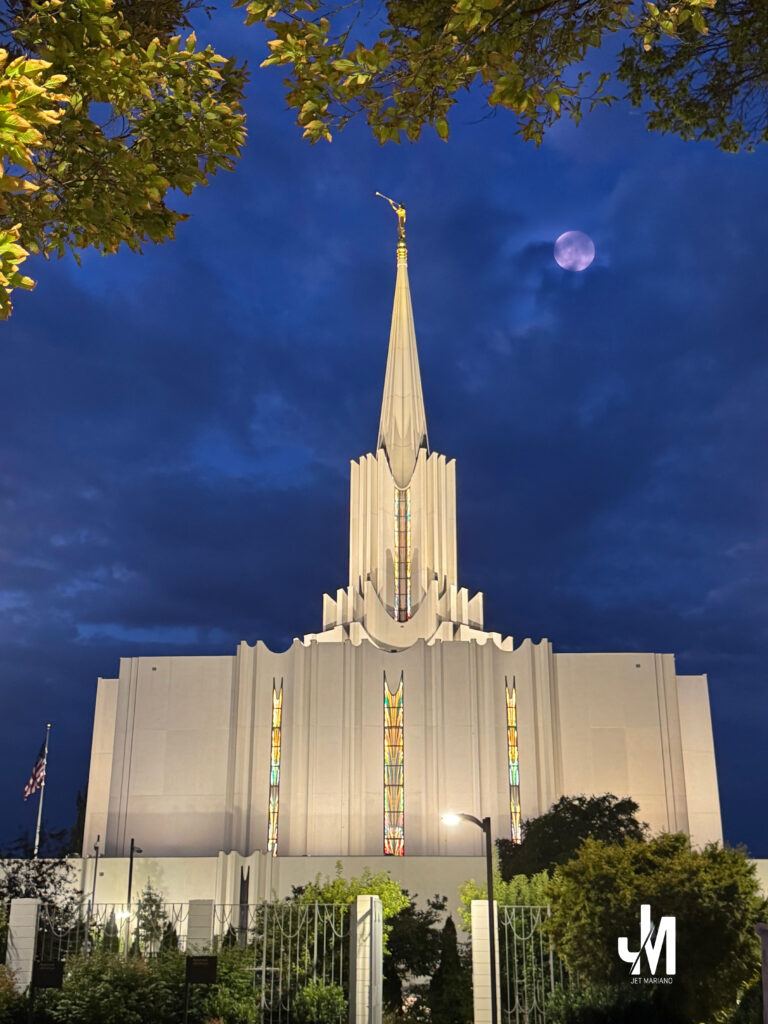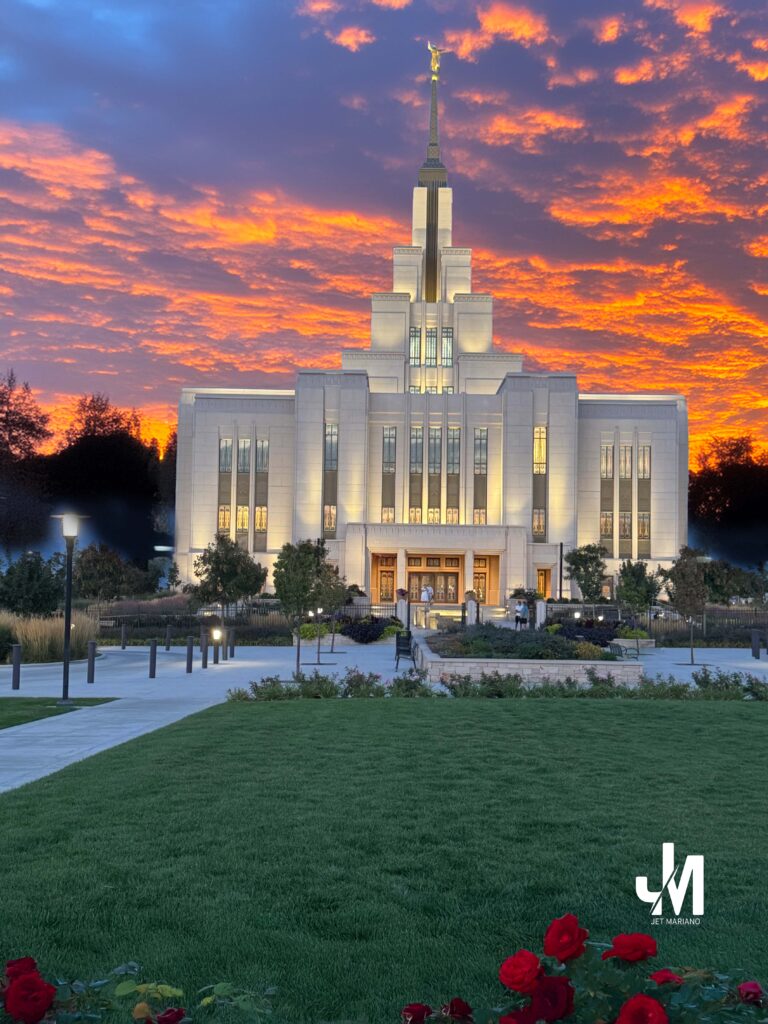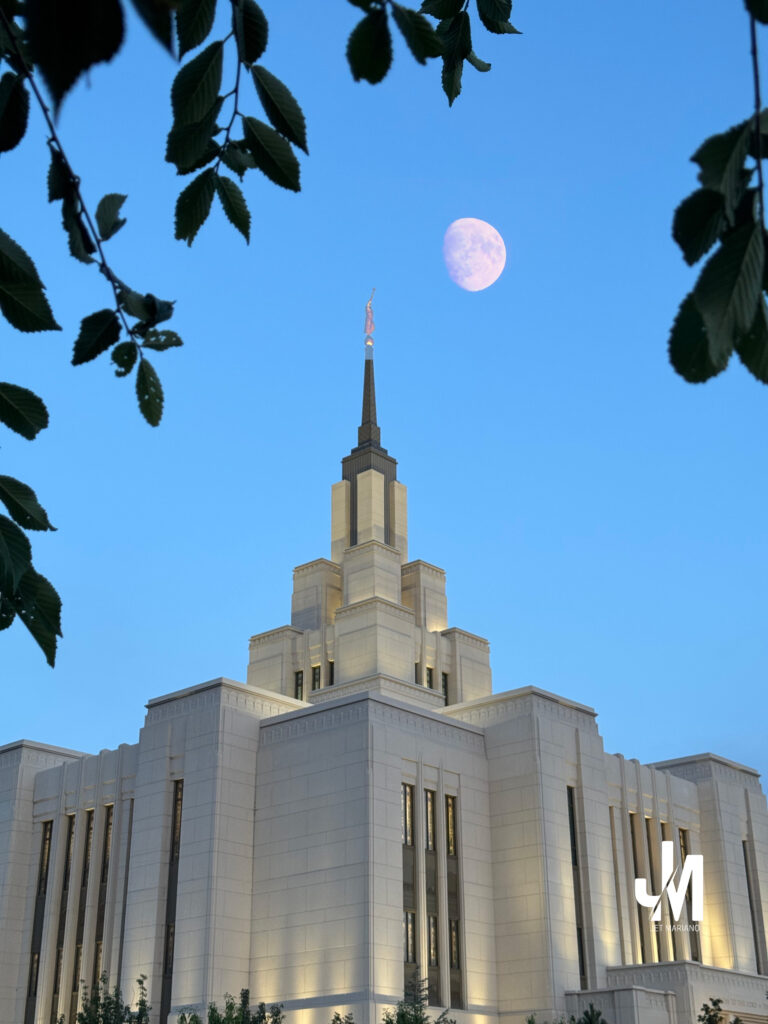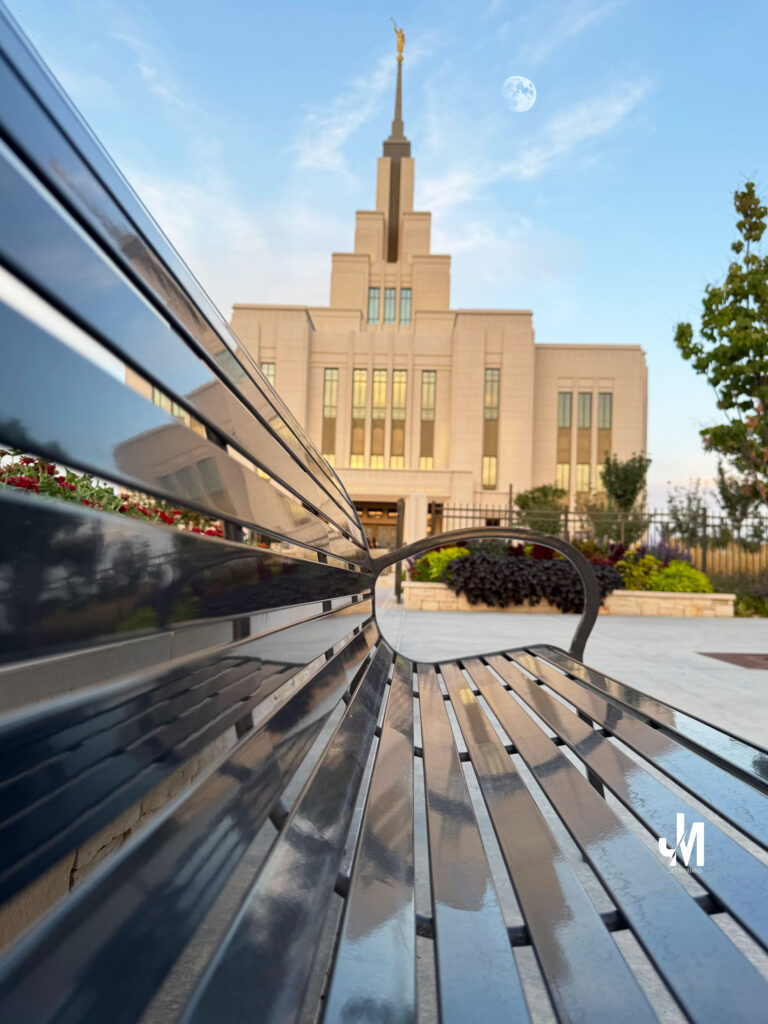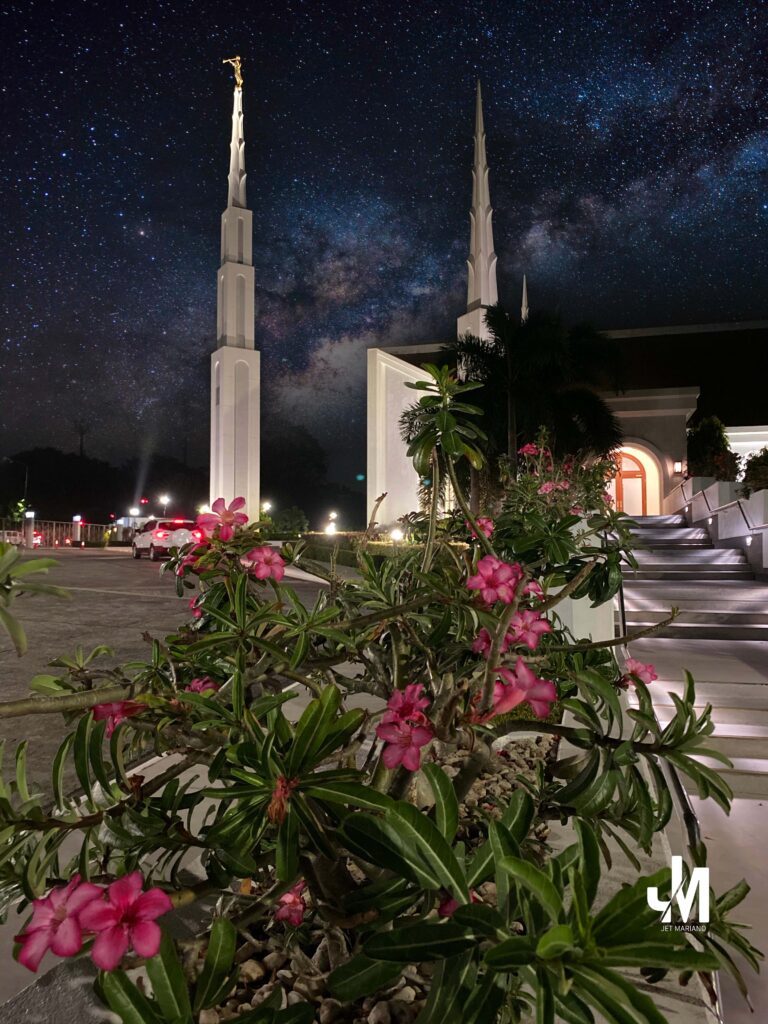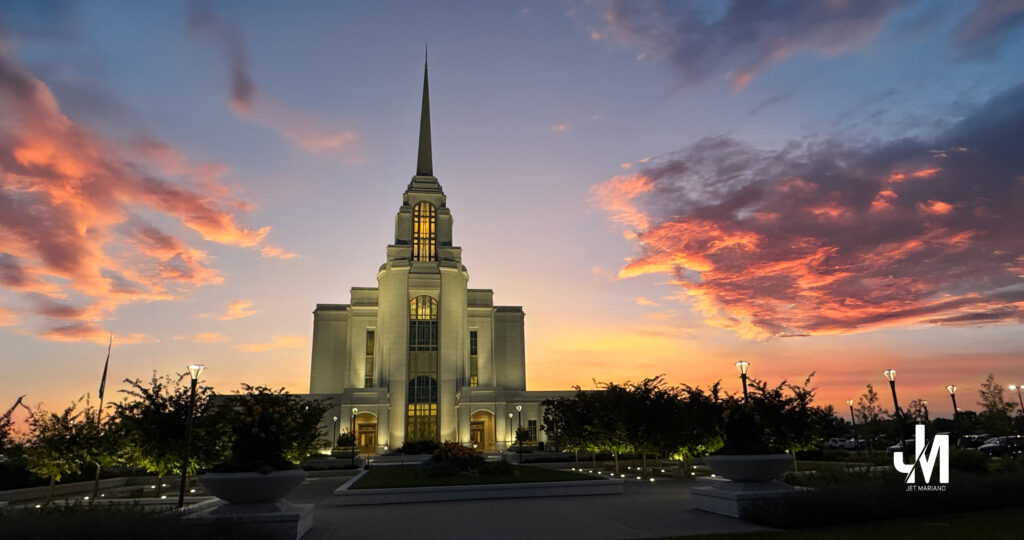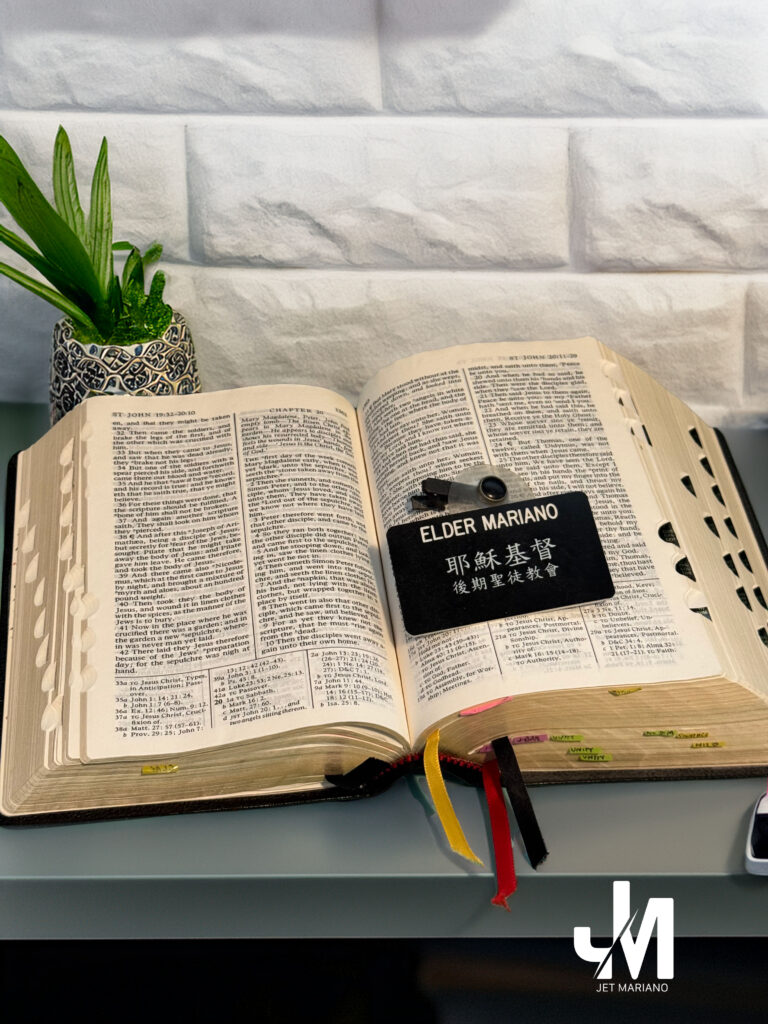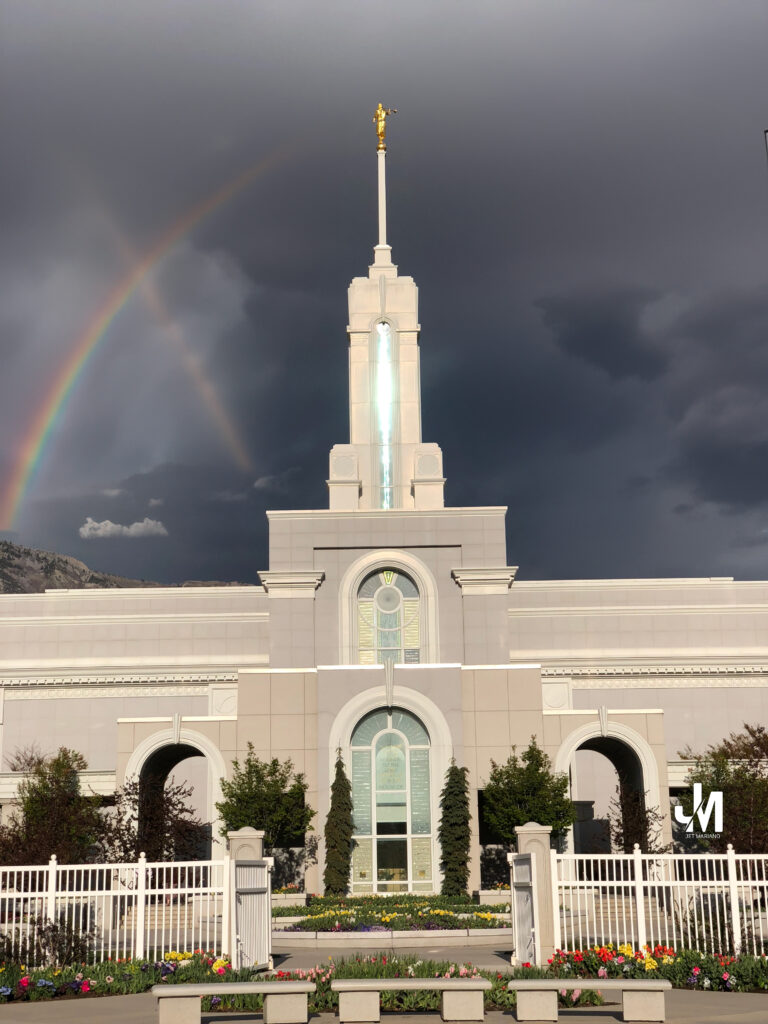
Excerpt
A dragonfly vanishes into the croton leaves—nearly invisible until the light catches its wings. Even when we can’t see, the Light is still there.
Intro
Elder Neal A. Maxwell compared life’s dark weather to a storm where we cannot see the sun but know it is still there. Likewise, in our stormy moments the Son of God remains constant. This image of a camouflaged dragonfly became a quiet parable of that promise.
Notes from Elder Maxwell
- “You’ve all been in a storm… when you couldn’t see the sun but you knew it was still there. Likewise… the Son of God is always there. His light will never go out.”
- Hope is not wishful thinking; it is trust in a steady, unwavering Light.
- Our task is to keep moving by faith when sight is momentarily withheld.
Perspective
Camouflage works because color and pattern mimic the surroundings. Fear does the same—blending truth into the noise until guidance seems gone. But the Light hasn’t moved. Shift your angle, breathe, and let the glare settle; suddenly the wings glint, and direction returns.
Practice (today, not someday)
- When anxiety spikes, pause and pray: “I know You’re here even if I can’t see.”
- Name one current “storm,” then write one way Christ has lifted you before.
- Look for small glints—scripture lines, kindness, music—that catch the light.
Final Reflection
Faith is the discipline of remembering the sun in a storm and the Savior in shadow. The scene may hide Him for a moment; it cannot extinguish Him.
Pocket I’m Keeping
“His light will never go out.”
What I Hear Now
Hold course. Let Me be your fixed point while the weather passes.
© 2012–2025 Jet Mariano. All rights reserved.
For usage terms, please see the Legal Disclaimer.



